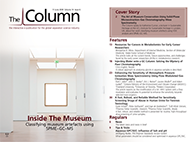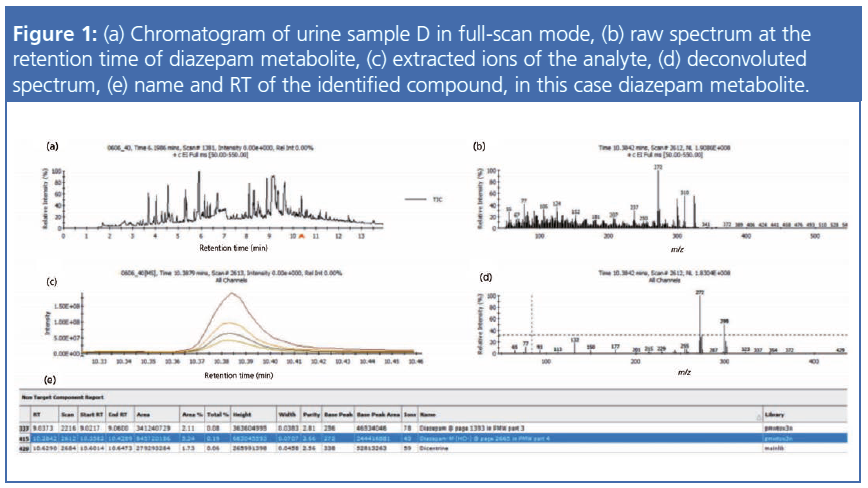Agilent Announces Genohm Acquisition
Agilent Technologies has announced an agreement to acquire Genohm, a developer of highly differentiated, on-premise, and cloud-based software solutions for laboratory management.
Agilent Technologies (Santa Clara, California, USA) has announced an agreement to acquire Genohm (Lausanne, Switzerland), a developer of highly differentiated, on-premise, and cloud-based software solutions for laboratory management.
Genohm’s main laboratory software automation suite, SLIMS, is a digital platform that provides laboratories with a rapidly deployable laboratory information management system (LIMS) and electronic lab notebook (ELN) environment that is used in biobanks, research labs, and next generation sequencing facilities. The platform tracks data and samples, tests and users, results, and workflows. In addition, Genohm also has an application marketplace with preconfigured workflows to enable rapid system implementation across a broad range of industries and scientific workflows.
“We were impressed with the team and the technology,” said John Sadler, Vice President and General Manager of Agilent’s Software and Informatics Division. “The modern architecture of SLIMS is perfectly aligned with the values of Agilent’s OpenLab products. By integrating this technology with our broad and diverse instrument portfolio, we are in a unique position to support and enhance the operations of modern laboratories-truly helping our customers to do more with their data.”
“We are very excited to join the Agilent team and believe that together we can accelerate development of the digital lab to help our customers advance science and discovery while ensuring compliance and traceability,” said Frederik Decouttere, founder and CEO of Genohm.
For more information, please visit: www.agilent.com or www.genohm.com

Measuring Vitamin K1 Concentrations in Dogs with Chronic Enteropathy Using LC–MS/MS
May 14th 2025A joint study between the University of Tennessee (Knoxville, Tennessee) and the University of Pennsylvania School of Veterinary Medicine (Philadelphia, Pennsylvania) compared directly measured vitamin K1 (vitK1) concentrations in healthy dogs and dogs with chronic enteropathy (CE) using liquid chromatography tandem mass spectrometry (LC–MS/MS); they also investigated whether supplementation of vitK1 in dogs with CE would significantly increase vitK1 concentrations.
HPLC 2025 Preview: Fundamentally Speaking (Part 2)
May 14th 2025Michael Lämmerhofer from the Institute of Pharmaceutical Sciences, University of Tübingen, Germany, spoke to JFK Huber Lecture Award winner of 2024 Torgny Fornstedt, professor in analytical chemistry and leader of the Fundamental Separation Science Group, Karlstad University, Sweden, about his pioneering work in high performance liquid chromatography (HPLC) with a focus on fundamentals, ion-pair chromatography, and oligonucleotide applications.

.png&w=3840&q=75)

.png&w=3840&q=75)



.png&w=3840&q=75)



.png&w=3840&q=75)












